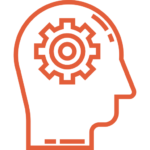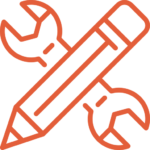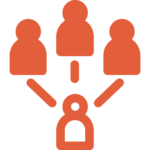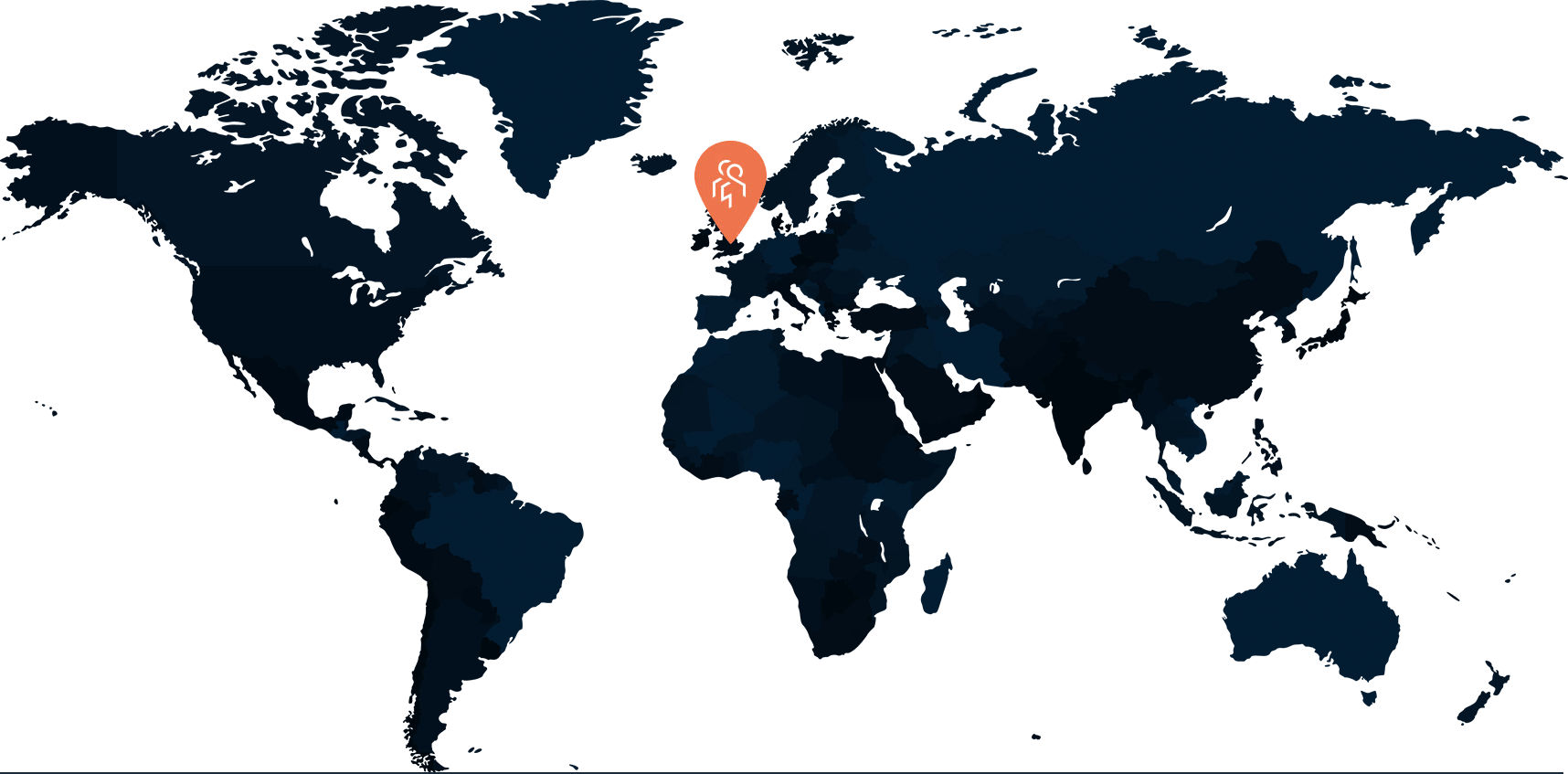- greater organisation commitment
- increased performance
- job proficiency
- higher job satisfactions
- lower turnover intentions
- significantly reduced stress levels
- reduced absenteeism
when there are serious discrepancies in fit, the opposite occurs.
Perfect People focuses on three domains of human characteristics which we consider important for the right internal or external selection outcome regarding the perfect fit:

1. Relevant to all work:
cognitive abilities and motivation

2. Relevant to a person's way of relating to particular work settings:
attitudes, attributes, behaviours

3. Relevant to the particular role:
knowledge, abilities, personality traits
Typically, current recruitment and selection focuses on narrow, role specific, functional aspects - for example cognitive abilities, knowledge, skills and possibly even behaviours. In seeking 'optimal fit' Perfect People assesses beyond the 'functional' across all three domaines. Our approach enables candidates to be assessed on how they will collaborate with others, what kind of a team worker they will be, how well they deal with customers, how they handle inter-organisation relationships, stress, risk etc. In short, how well their attitudes and attributes will enable them to perform.
Person / Group fit improves team cooperation, and impacts person-organisation relationship positively. It also affects work attitude (Werbel Johnson, 2001). When you consider that 92% of large entities have stated they are moving to team focused structures and organisations (Deloitte 2016) this aspect of Person/Group fit is critical to understand, assess and select for.
Perfect People’s internal and external selection process measures personal fit on three levels:
- Individual Level: The Person / Job fit - namely the attitudes and attributes required for the role, how applicant's perceived needs match the perceived profile.
- Team Level: The Person / Team fit - people generally like those who have similar values and goals and cooperate with them better although different traits enhance diversity and contribute to higher team effectiveness.
- Organisational Level: The Person / Organisation fit - for example: purpose, values, goals, culture.
You will intuitively know from your own experience that organisational ‘fit’ matters hugely for performance. People have positive feelings and experiences when their environment is compatible with their personal preferences. For example, if a person places high value on a collegiate atmosphere and strong peer support, they will feel good and perform at their best in an organisational culture that provides just such an environment.
To establish if there is fit between an individual and a role fit, it is first essential to audit the attitudes deemed to be required – not just for the role itself but also for its extended interactions – e.g. relevant teams and the wider organisation. Selection process would then ensure that the desired attitudes are sought, measured, assessed and seen to be present in prospective candidates.
Dimensions of fit encompass personality and cognitive abilities, but most of all the applicant's goals, values,
attitudes and attributes. Schneider (1987) asserted that “the people make the place” and that organisational culture, climate and practices are determined by the people in the organisation.
" Attitudes of people, not the nature of external environment, or organisation technology, or organisational structure, are the fundamental determinants of organisational behaviour. "
People are functions of an Attraction-Selection- Attrition cycle.
" The personality attributes and attitudes of people in a setting are considered to be the fundamental defining characteristics of that setting. "
Most traditional, simple, recruitment processes rely on CV’s, poorly structured interviewing and often an "intuitive’ assessment. In contrast, Perfect People employs an eight-stage process coupled with reliable and robust instruments to validate and assess candidate’s values, goals and attitudes against the three aspects – Role, Team and Organisation (job fit, role fit, team fit).
Perfect People structured interviewing technique (attitude and behaviour based) combined with highly targeted psychological on-line questionnaires and behaviour assessment provides an aggregated result which can very closely predict if the candidate is a fit or misfit.

